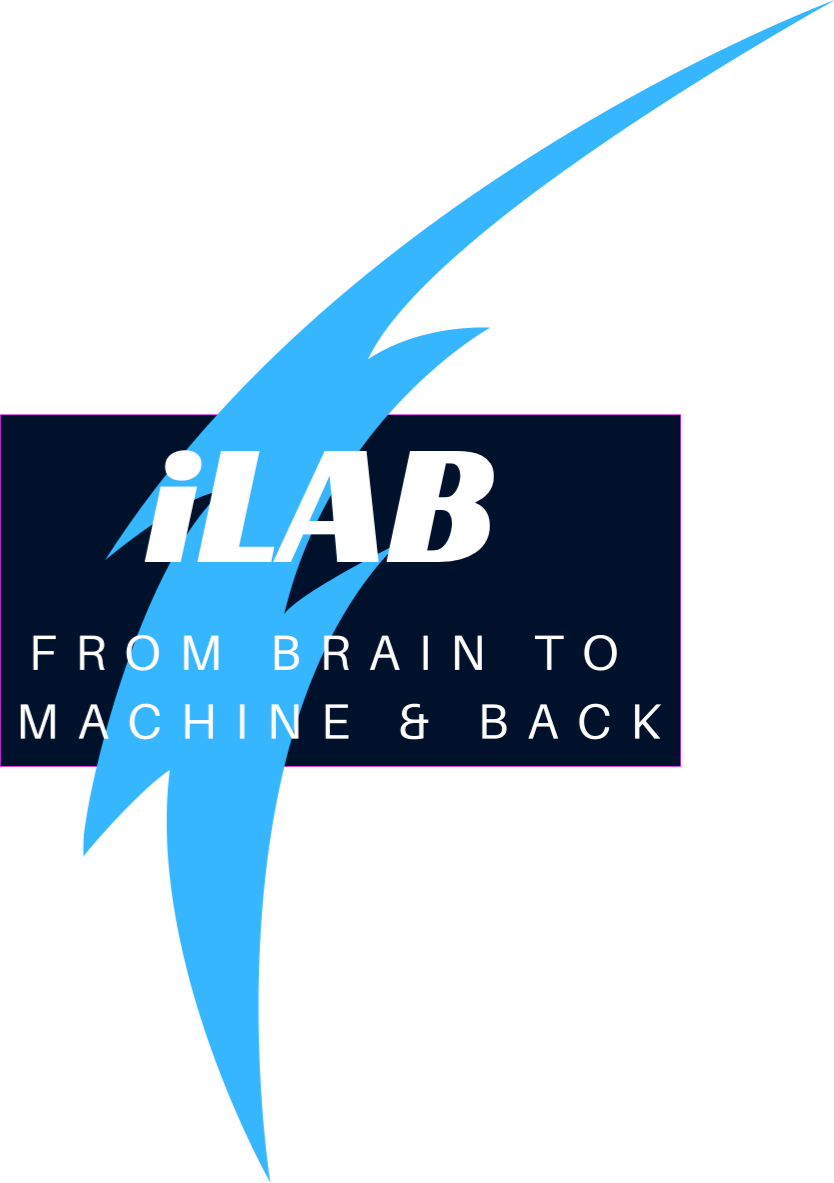- Aline Xavier Fidêncio1, 2, 3
- Christian Klaes3
- Ioannis Iossifidis1
- Robotics and BCI Laboratory, Institute of Computer Science, Ruhr West University of Applied Sciences, Mülheim an der Ruhr, Germany
- KlaesLab, Department of Neurosurgery, University Hospital Knappschaftskrankenhaus Bochum, Bochum, Germany
- Faculty of Electrical Engineering and Information Technology, Ruhr-University Bochum, Bochum, Germany
Non-invasive techniques like EEG can record error-related potentials (ErrPs), neural signals associated with error processing and awareness. ErrPs are generated in response to self-made and external errors, including those produced by the BMI. Since ErrPs are implicitly elicited and don’t add extra workload for the subject, they serve as a natural and intrinsic feedback source for developing adaptive BMIs.
In our study, we assess the occurrence of interaction ErrPs in an adaptive BMI that combines ErrPs and reinforcement learning. We intentionally provoke ErrPs when the BMI misinterprets the user’s intention and performs an incorrect action. Subjects participated in a game controlled by a keyboard and/or motor imagery (imagining hand movements), and EEG data were recorded using an eight-electrode gel-based EEG system. Results reveal that obtaining a distinct ErrPs signal for each subject is more challenging than anticipated. Current practices report the ErrP in terms of over all subjects and trials difference grand average (error minus correct). This approach has, however, the limitation of masking the inter-trial and subject variability, which are relevant for the online single-trial detection of such signals. Moreover, the reported ErrPs waveshape exhibit differences in terms of components observed, as well as their respective latencies, even when very similar tasks are used. Consequently, we conducted additional individualized data analysis to gain deeper insights into the single-trial nature of the ErrPs. As a result, we determined the need for a better understanding and further investigation of how effectively the ErrPs waveforms generalize across subjects, tasks, experimental protocols, and feedback modalities.
Given the challenges in obtaining a clear signal for all subjects and the limitations found in existing literature (Xavier Fidêncio et al., 2022), we hypothesize whether an error signal measurable at the scalp level is consistently generated when subjects encounter erroneous conditions. To address this question, we will assess the occurrence-to-detection ratio of ErrPs using invasive and non-invasive recording techniques, examining how uncertainties regarding error generation in the brain impact the learning pipeline.
Figure 1: Error-based reinforcement learning framework concept: the ErrP is used as a reward to guide the RL agent as it learns the optimal policy to achieve the desired task. The error-based reward functions penalize wrong actions and reinforce those evaluated as the correct expected behavior by the subject
